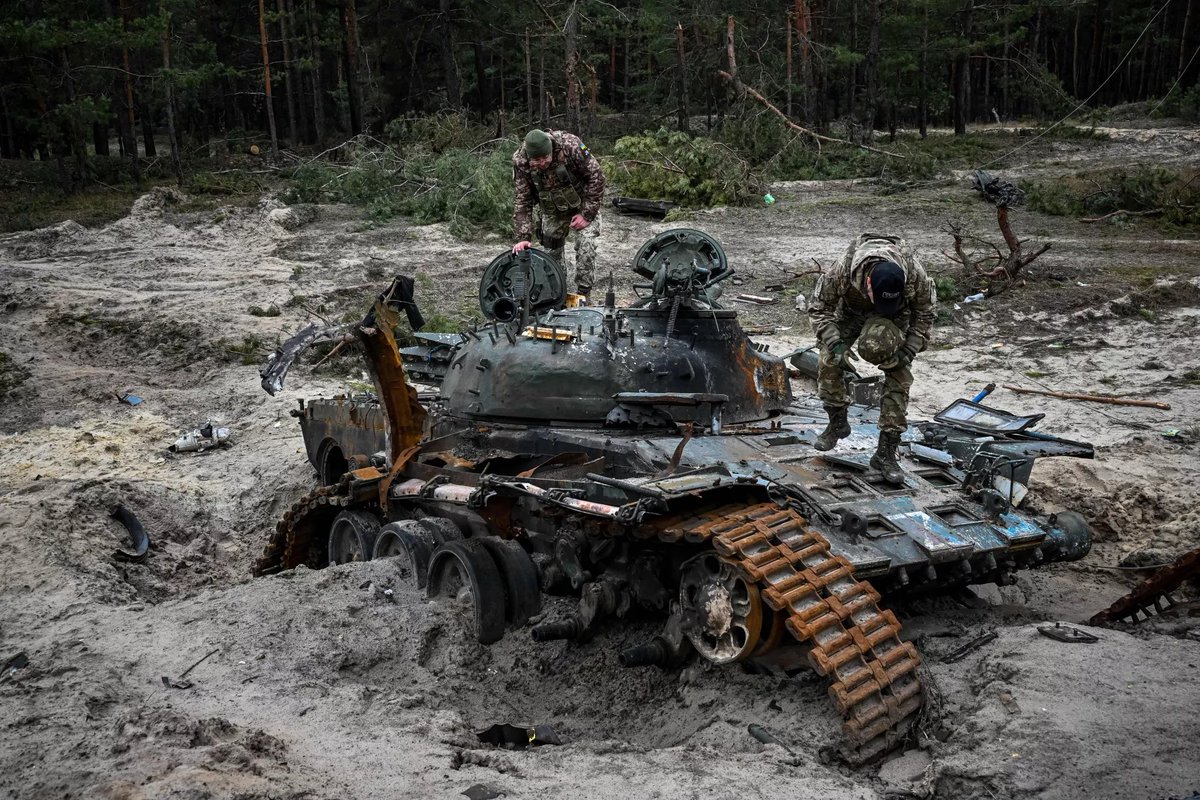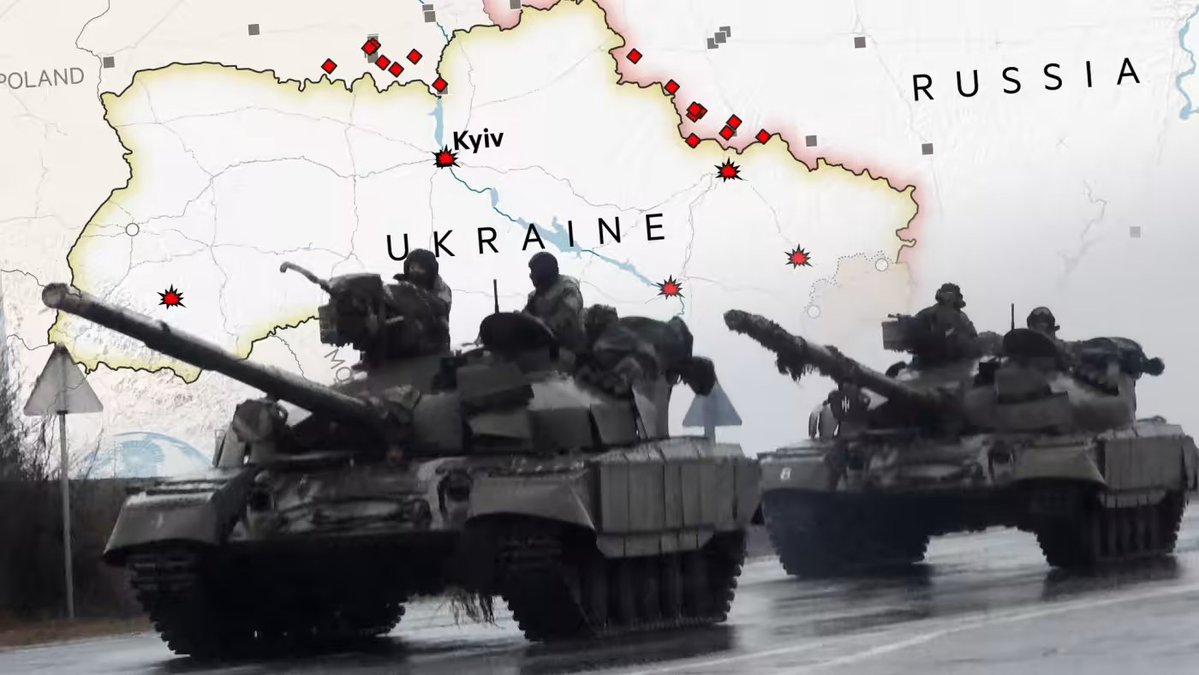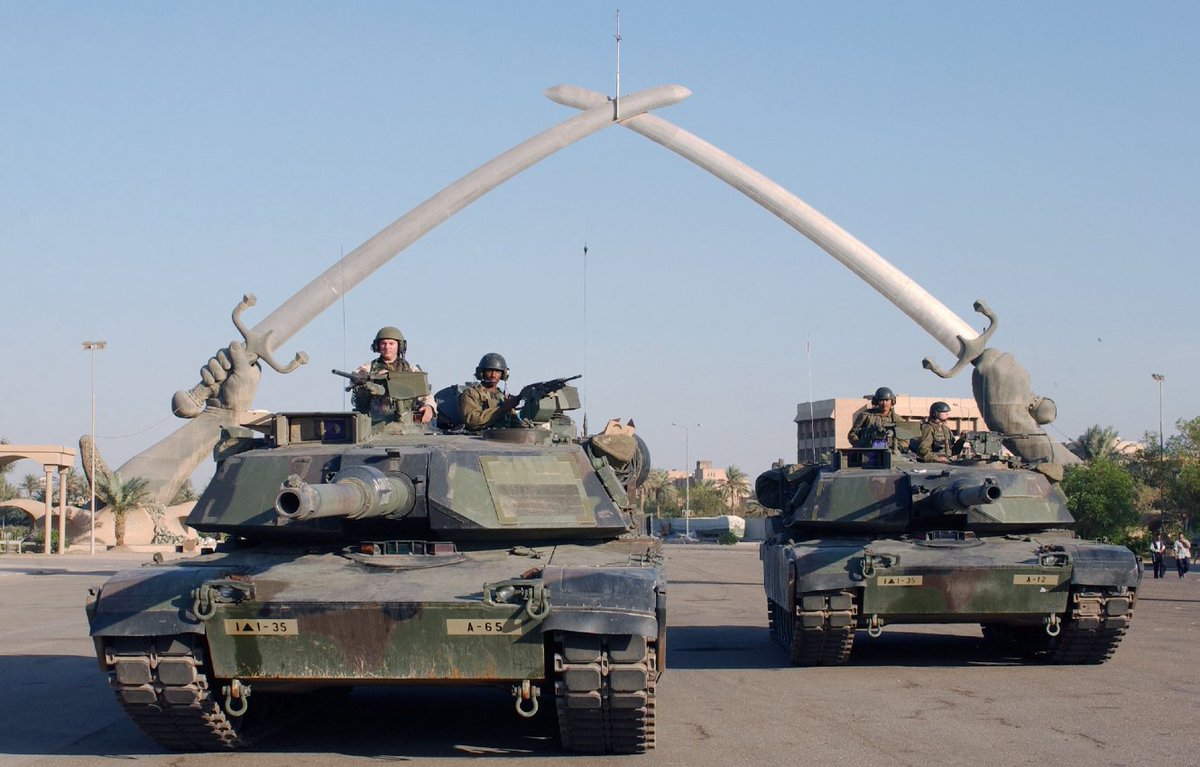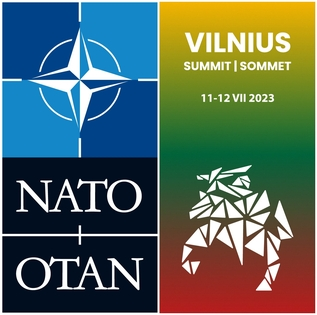This is a tough counterfactual to answer, but one that is resonating a lot right now in light of #OppenheimerMovie.
For example 👇
For example 👇
https://twitter.com/shaun_vids/status/1682857835992948737
Two key questions seem to arise.
1) When and how would WWII in the Pacific have ended if the US didn't drop the atomic bombs on Japan?
2) What would be the long-term implications of US non-use?
1) When and how would WWII in the Pacific have ended if the US didn't drop the atomic bombs on Japan?
2) What would be the long-term implications of US non-use?
With respect to the first question, it's well known that at the same time that the US dropped the atomic bombs, the Soviet Union invaded Manchuria. 

Some argue (as @slantchev does in this excellent 🧵) that the dropping of the bombs wasn't needed to end the war, but did speed up the ending. In particular, the bombing of Hiroshima likely prompted Stalin to initiate the invasion sooner.
https://twitter.com/slantchev/status/1682763729266683911
And it's important to keep in mind (as @shashj highlights in his informative 🧵), that the intent was to use all means available -- Soviet invasion, American invasion, dropping the atomic bombs, continue conventional bombing -- to end the war.
https://twitter.com/shashj/status/1683025620735754240
So, yes, Japan would have eventually surrendered without the dropping of the atomic bombs. But the timing and likely the nature of the surrender would have been quite different.
amazon.com/dp/B095T3G5S5/…
amazon.com/dp/B095T3G5S5/…
This takes us directly to the second question: longer term implications.
If Japan's surrender came later, would the Soviets have been in a position to broker a settlement or even claim control of some of Japan's territory? In other words, would Japan after the war been divided similar to Germany or the Korean Peninsula?



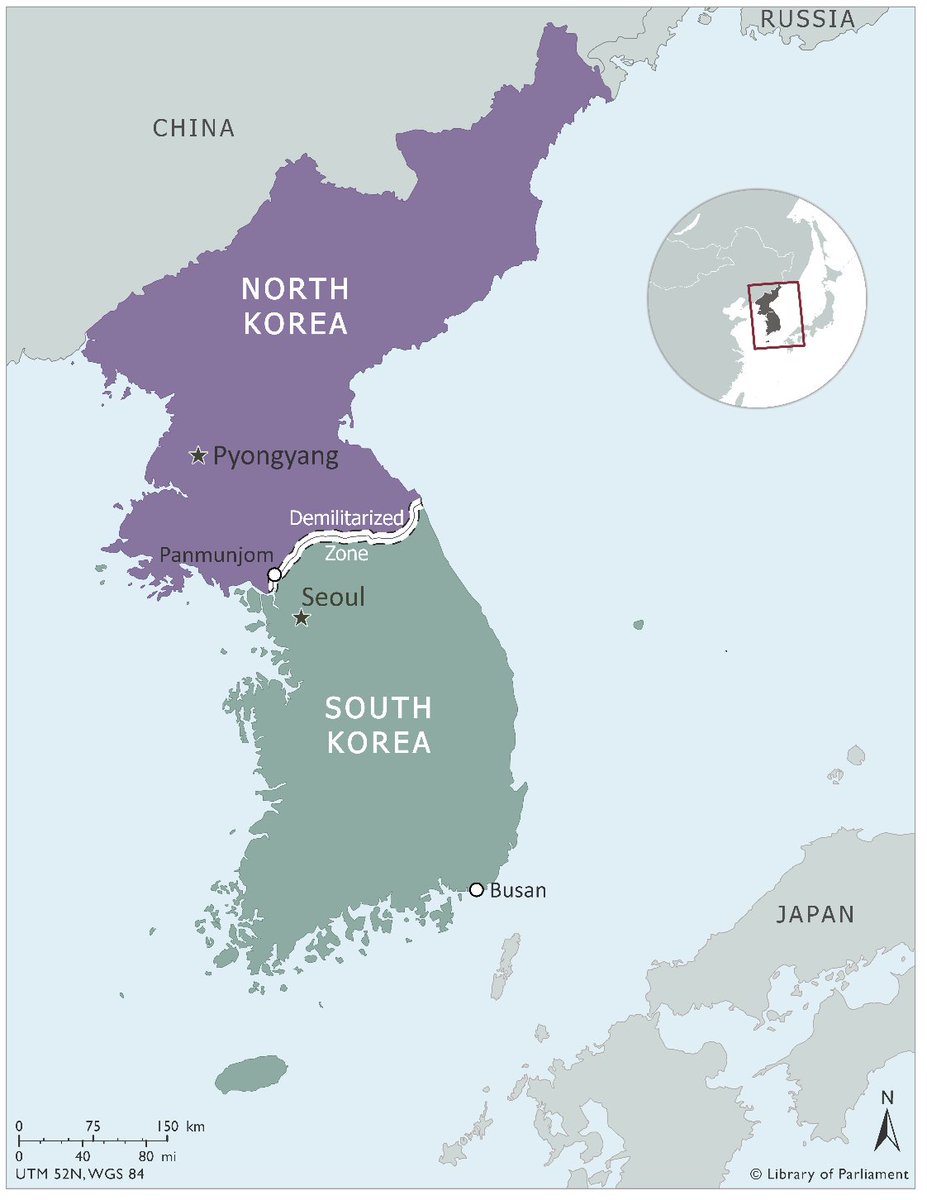
If the US had not used the atomic bomb, would it have been likely used in the future?
For instance, consideration of its use was given during the Korean War...
smithsonianmag.com/air-space-maga…
smithsonianmag.com/air-space-maga…
...and during Vietnam.
nytimes.com/2018/10/06/wor…
nytimes.com/2018/10/06/wor…
• • •
Missing some Tweet in this thread? You can try to
force a refresh

 Read on Twitter
Read on Twitter





